These colleges equally provide the necessary theoretical background and skills pertinent to becoming teachers. These include pedagogies, classroom control, and knowledge of the content area. With the acquisition of these vital skills by the future teacher, the colleges are contributing immensely to the quality of education in Nigeria.
Graduates from these colleges are supposed to inspire and educate the next generation; therefore, their role becomes important in the educational development of the country.
The core of national development is quality teacher education. Teachers form the backbone for any educational system; hence, their effectiveness directly impinges on student outcomes. When teachers are well trained, they can equip students with the ability for critical thinking, creativity, and a love for learning.
The result is a better-educated citizenry that can participate in the economic and social development of the nation. Investment in quality teacher training will go a long way toward not only improving the education system but also achieving sustainable development in different sectors of Nigeria.
Top 10 Best Teacher Training Colleges in Nigeria Listed Based on Exceptional Services
Adeyemi College of Education, Ondo
The Adeyemi College of Education is one of the best teacher-training colleges in Nigeria, having been established in 1963. It is found in Ondo State and is affiliated to Obafemi Awolowo University for its degree programs.
With different courses on offer, it will surely provide competent teachers in secondary schools and even teacher training colleges. Academic excellence, innovative teaching methods, and research initiatives have made Adeyemi College one of the best in Nigeria.
Federal College of Education, Zaria: A Beacon for Vocational Education
The Federal College of Education, Zaria, earned very good prestige in vocational education. Since establishment in 1976, the college has been offering a variety of courses that would lead to professional teaching in the technical and vocational areas.
Emphasizing practical skills during their training means these graduates are prepared for immediate job placement. Strong relations with industry translate into the fact that students have the opportunity to take valuable internships.
The Alvan Ikoku Federal College of Education, Owerri.
It was established in 1963 and has grown to be known for high academic standards. The college, found in Owerri, Imo State, offers courses from National Certificate in Education to Bachelor of Education.
It focuses on research and community service, ensuring students are involved with the local communities in applying their knowledge in real life.
College of Education, Warri: Laying Emphasis on Practical Teaching Experience
The College of Education, Warri, Delta State, was established in 1979 and since then has remained committed to practical teaching experiences for students. This college offers a lot of courses that would help the would-be teachers in their future classroom performances.
The hands-on approach in teachers’ training at this college will ensure that its graduates are well-equipped to take up modern-day challenges in education.
Federal College of Education, Abeokuta: List of Courses Offered
The Federal College of Education, Abeokuta, is in Ogun State. It offers a wide range of courses to suit the various educational needs of the people. The college was established in 1976 and has both full-time and part-time courses so that the students can choose a path that best fits their situation.
Its highly variable curriculum and commitment to quality education make it one of the most sought-after places by aspiring teachers.
Emmanuel Alayande College of Education, Oyo: Research and Community Service to the Fore.
Emmanuel Alayande College of Education is one of the oldest teacher-training colleges in Nigeria, established in 1896, and is situated in Oyo State. It strongly considers that its philosophy of education would be to conduct research and community service.
In effect, it would engage students in actually going out to solve real problems in the communities. Service orientation will surely produce all-around educators who commit themselves to serve the community for its development.
Federal College of Education (Technical), Akoka: A Hub for Meeting Technical Education Needs
The Federal College of Education, Akoka, was established to meet the ever-increasing demands for technical education in the country.
The college was established in 1977 and offers professional programs designed to prepare students for a career in technical and vocational education. Strong emphasis on practical skills and industry partnerships makes the graduates work-ready.
College of Education, Ikere-Ekiti: All Round Training Programs
The most sought-after college, College of Education, Ikere-Ekiti, has holistic training programs in many aspects of education. Established in 1977, it offers a variety of courses aimed at giving students an edge they need to face challenges in the classroom. Commitment to quality education and other services, such as student support, makes the institution stand out as the best for teacher training.
Federal College of Education (Special), Oyo
The Special Training in Special Education is very unique and stands apart among others because it deals with special education. It was established in 1977 and since then has trained educators for the needs of students with special needs. Highly specialized programs and well-experienced faculty make its graduates very competent to support diverse learners in a variety of educational settings.
Tai Solarin College of Education, Omu-Ijebu: Commitment to Moral and Academic Excellence
Tai Solarin College of Education, Omu-Ijebu, was named after the great educator and activist known as Tai Solarin. The commitment of the college is to ensure moral and academic excellence among the students. It was established in 1978 and has designed various programs that will help in bringing forth well-rounded educators who can inspire and lead their communities.
Challenges facing Teacher Training Colleges in Nigeria: Some Proposals for Improvement
Funding and Facilities in the Teacher Training Institutions
The major problem facing most teacher training colleges in Nigeria is underfunding. Most institutions are not able to provide for those needs that assure quality education, such as modern facilities, teaching materials, and qualified staff. This could make their effectiveness in teaching poor, hence affecting the quality of education in Nigeria as a result.
Irrelevance of Curriculum and Problematic Implementations
Another challenge pertains to the relevance of the curriculum offered at teacher training colleges. Most programs do not reflect the current needs in the education sector, hence a disconnect between what is taught and what is needed in the classroom. The programs should be relevant and effective through regular review and updating of the curriculum.
The Need for Improved Teaching Practicum and Supervision
Effective teacher training requires sound practicum experiences that actually put the students in the classrooms where they will use their knowledge. The lack of practicum supervision and support is generally a challenge to many colleges. Stronger collaborations with local schools, along with increased mentorship opportunities, have the potential to raise the quality of teaching practicum.
Recommendations for Policy Reforms and Better Infrastructure
These are challenges that call for policy reforms that give funding priority to teacher training colleges. Improvement in infrastructural development, resource, and faculty will go a long way in ensuring better quality education. This, such colleges can achieve by fostering collaboration with other colleges and educational stakeholders to achieve innovative solutions that improve the quality of teacher training programs.
Conclusion The training colleges for teachers therefore have massive work to do in shaping the destinies of tomorrow by laying the sure foundation for great futures in these institutions, despite challenges ahead in ensuring quality education.
FAQs about Teacher Training Colleges in Nigeria
What do teacher training colleges do in the Nigerian educational system?
Teacher training colleges in Nigeria will equip the prospective teachers both theoretically and practically to handle any situation presented in the classroom.
How do teacher training colleges contribute to national development in Nigeria?
These colleges ensure quality education that engenders a better workforce for the economic and social development of Nigeria by turning out qualified teachers.
What are some of the challenges facing teacher training colleges in Nigeria in terms of funding and resources?
Most of the colleges have inadequate funding, which affects their provision of modern facilities, teaching materials, and qualified staff, hence the quality of education.
How relevant is the Curriculum in the teacher training program in Nigeria?
One important thing in the curriculum relevance, obsolete programs cause disconnections between training and classroom needs, hence frequent reviews are to be necessary so that it corresponds with present demands for education.
What are some recommendations for improving teacher training colleges in Nigeria?
This, it advices, funds, infrastructure revision of curricula and collaboration with local schools increase on behalf of better preparation for the teachers.



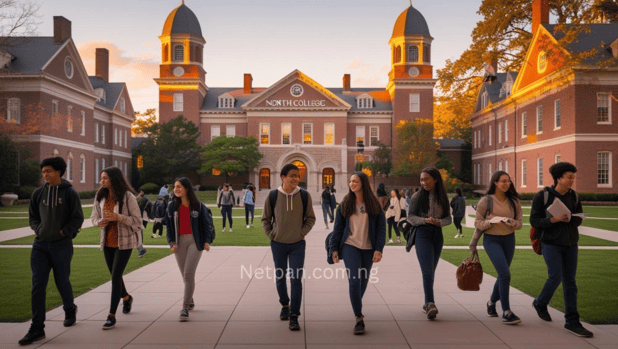


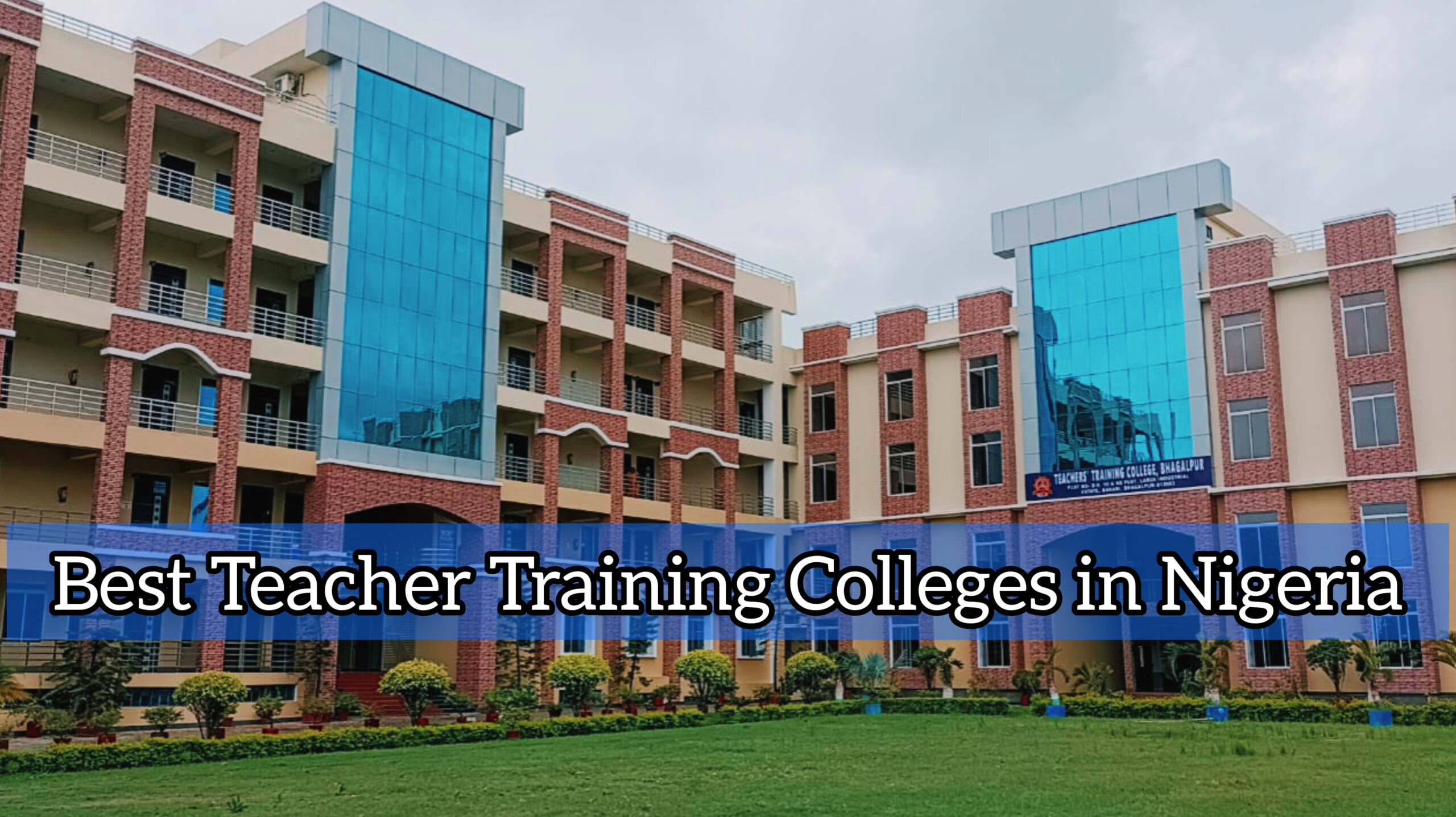
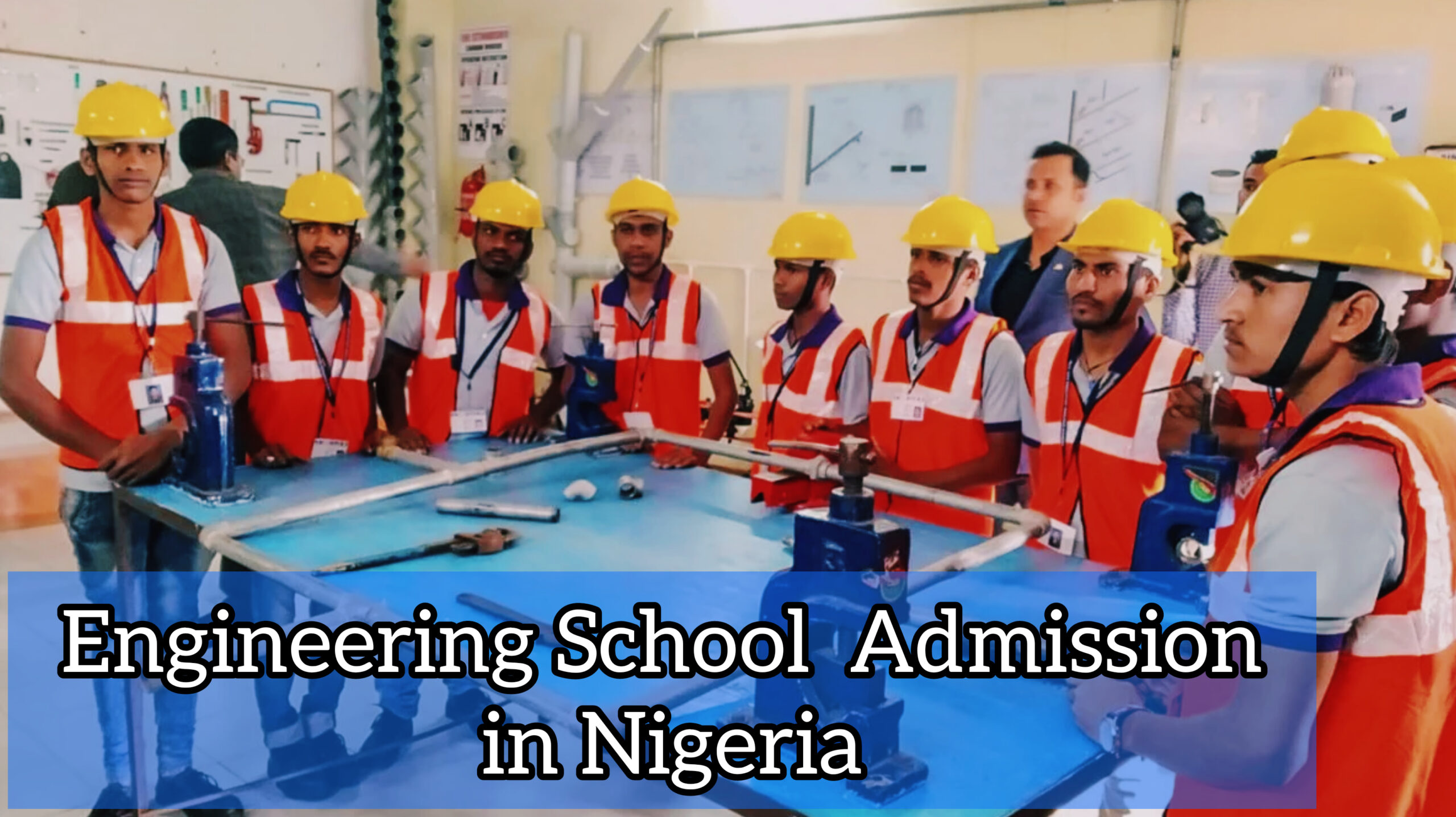




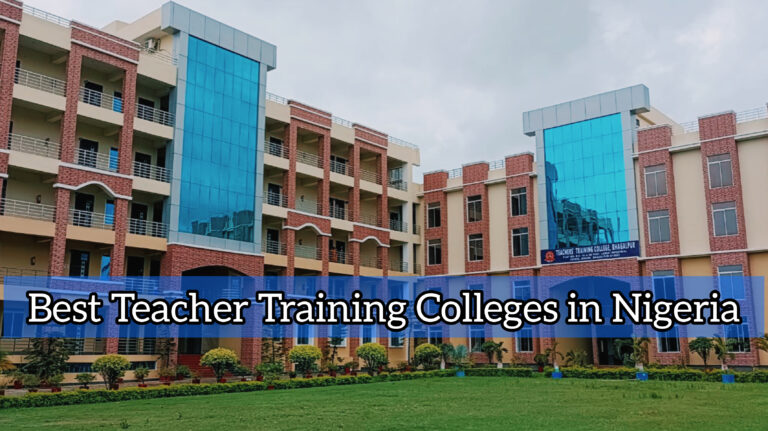
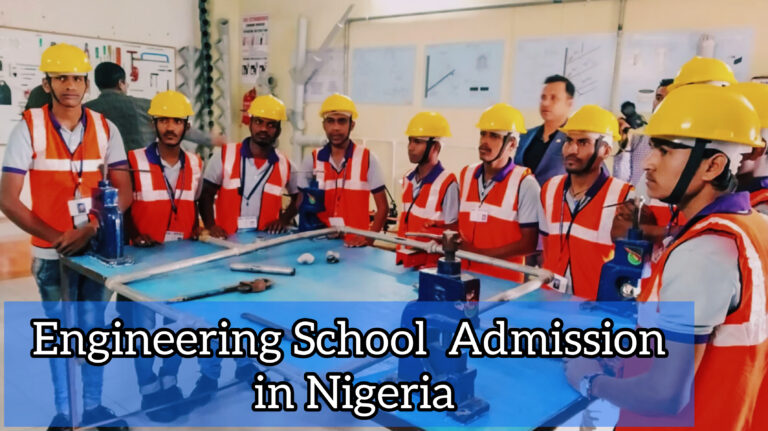
+ There are no comments
Add yours